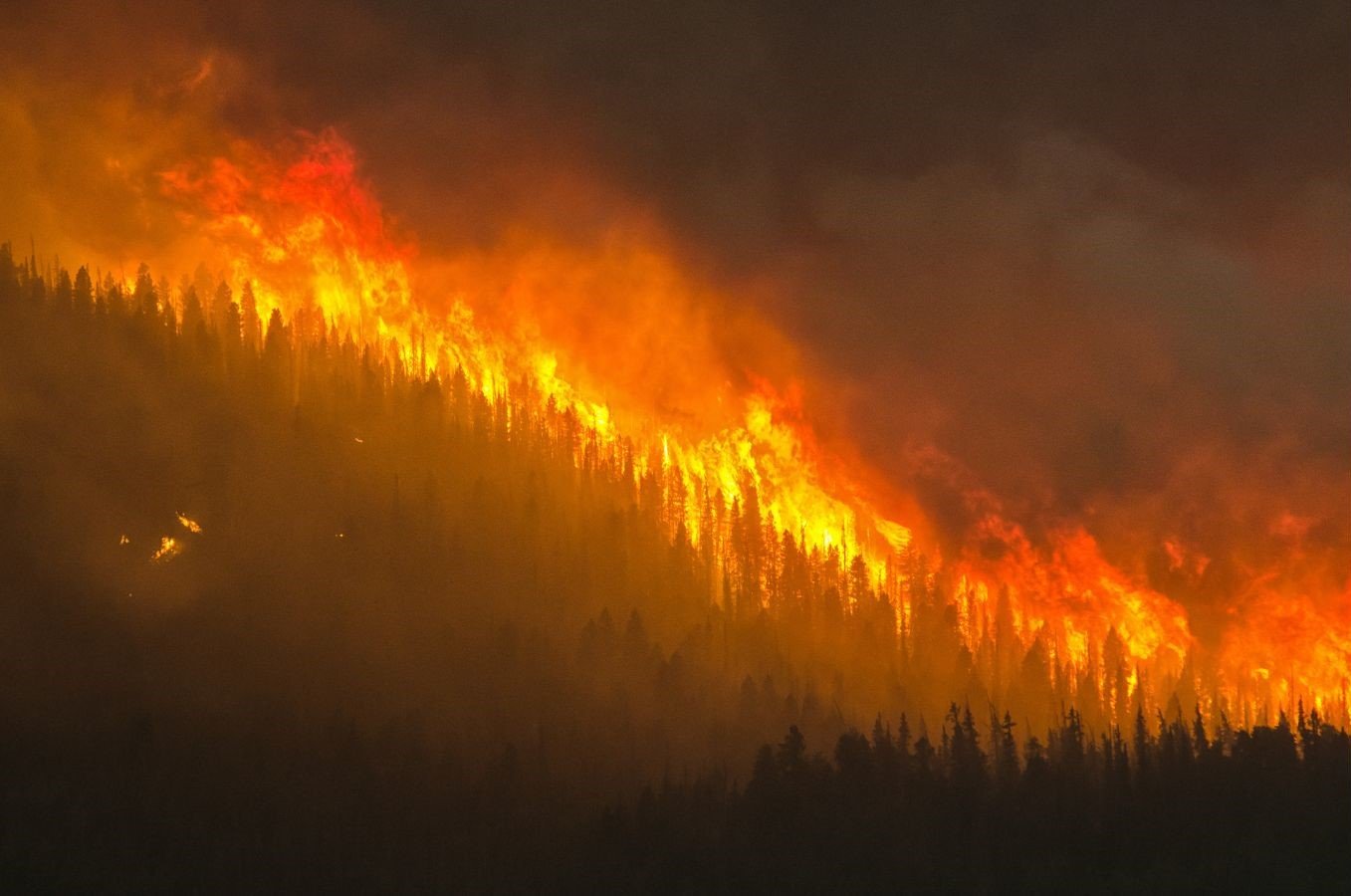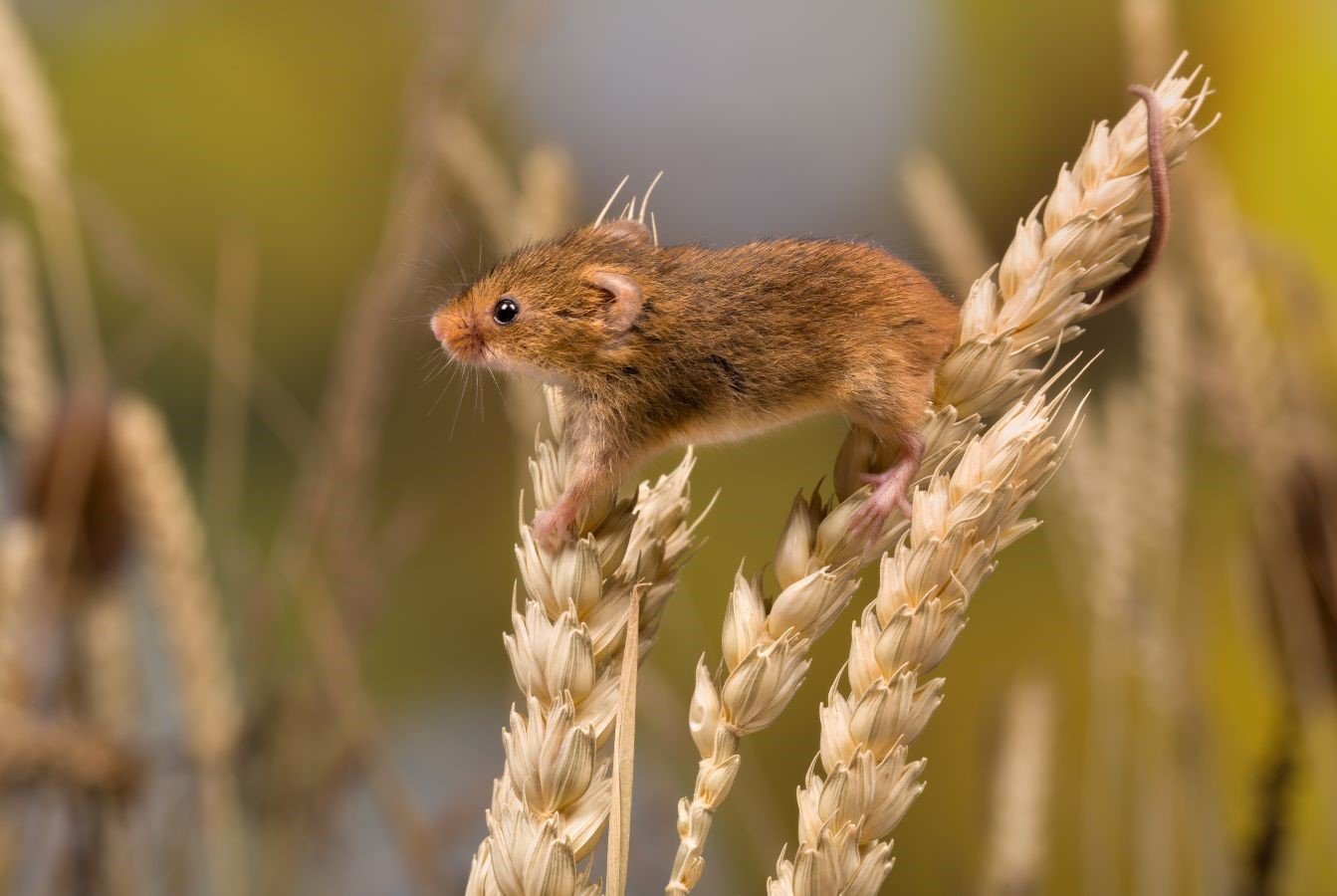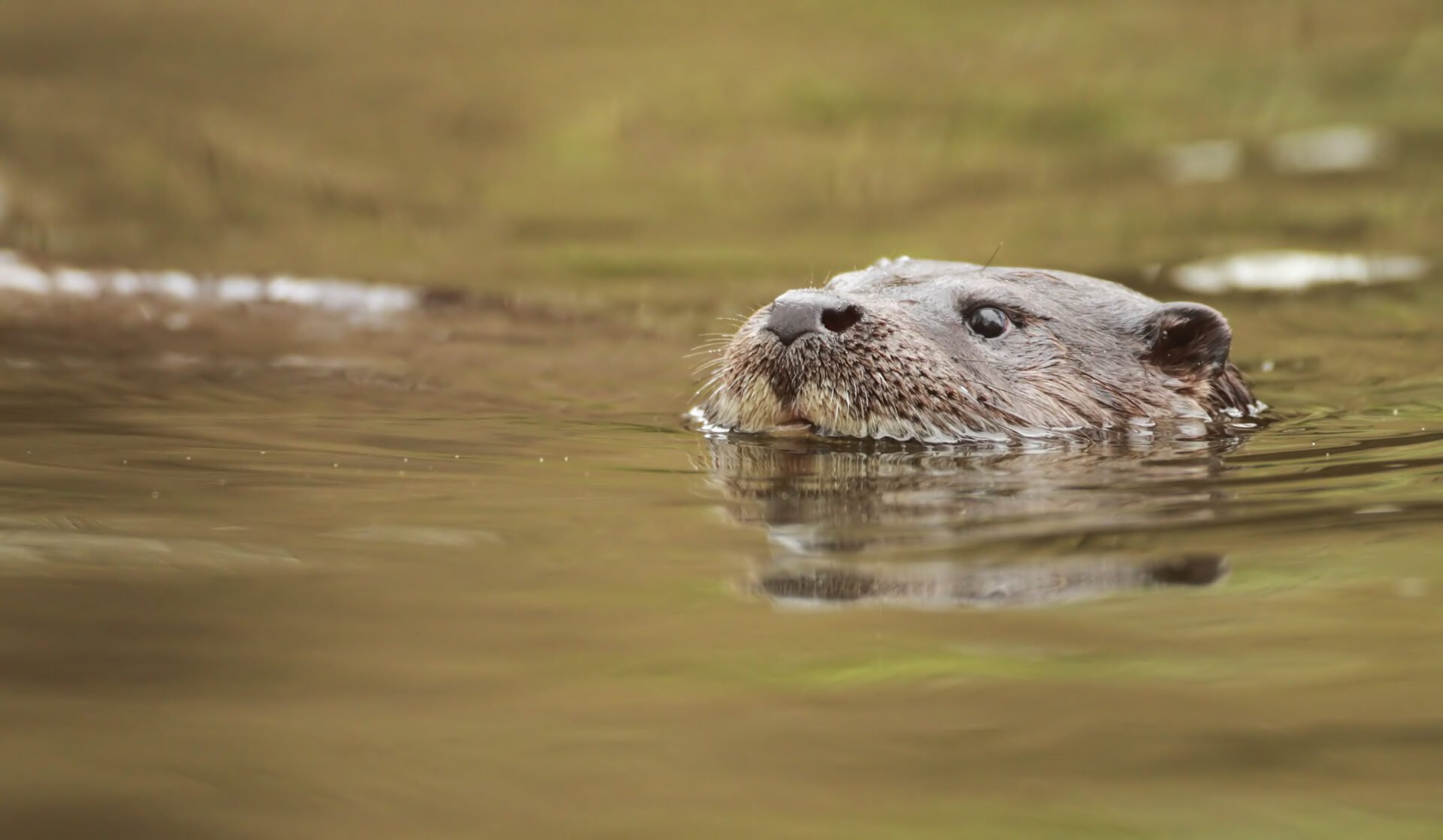What do we want? A healthy environment. When do we want it? No later than 2030!
Chair of Mammal Society, Dr Stephanie Wray reflects on why the Nature 2030 campaign is important for the mammals we seek to protect

And if we’re going to achieve that, we’d really better get a move on. That’s the message that wildlife groups including the Mammal Society have been sending to politicians this week through the Nature 2030 campaign. The news has been a hard watch lately, with footage of wildfires across Greece - very graphic evidence of the effects of global heating – juxtaposed with political stories of our main political parties moving away from policies intended to tackle climate change in line with the Paris agreement. So having signed up to the Global Biodiversity Framework in Montreal last year, we are keen to see that appropriate policies for nature are put in place – and quickly.
The five key asks that we have signed up to are:

A pay rise for nature.
First and foremost, we need investment in supporting nature in the wider countryside. To date, conservation policy has typically focused on the very rare and the seriously threatened, the exception rather than the rule. We focus our attention on the small areas of land we designate as important for nature, and at best ignore, or at worst destroy, the biodiversity that is all around us. This ask is to make sure that we put enough funding into protecting nature - everywhere. We believe government should double the annual budget for nature-friendly farming, land management and green rural restoration to at least £6 billion each year.
A Nature Recovery Obligation.
All parts of our economy, including finance, infrastructure, development, water, energy and the agri-food sector, contribute to the decline of nature. We think these sectors should be subject to a Nature Recovery Obligation. This regulatory requirement should go far beyond just offsetting some of the damage they do to drive investment in nature, sharing out the effort required to meet key Environment Act and Climate Change Act targets. This would include making it compulsory for businesses to report on their nature impacts, including those of their supply chains and what happens when customers use their products. They would also need to publish Nature Positive Plans showing how they will reduce their impacts and restore nature, driving private sector investment into nature recovery.
A 30x30 rapid delivery programme
Many people believe that the UK’s National Parks, Sites of Special Scientific Interest, and the Public Forest Estate are packed with wildlife, but the reality is that we protect too few places for nature. Those that are protected are often in poor condition or lie stranded, cut off from wider ecosystems by infrastructure or intensive farmland. To halt the decline of wildlife, more places are needed for nature, areas that are “bigger, better and more joined up”. In response, the Government has committed to protect 30% of land and sea for nature. We can’t afford to wait for this. We need to see all public land managed for nature, to increase that public estate, and to restore our protected sites and landscapes.
A National Nature Service
One of the barriers to managing our countryside for the benefit of nature is the skills gap. As this work has not been seen as a priority for decades, there simply aren’t enough people qualified to help keep our environment healthy. A National Nature Service would deliver practical experience and hands-on training in green skills and qualifications for thousands of people. It would combine on-the-job skills training with a programme of capital investment in nature-recovery projects around the country, from urban restoration to coastal management.

A Right to a Healthy Environment
The loss of green space and the pollution of the air and water threatens everyone’s health and is cutting lives short. This is particularly the case for the most economically disadvantaged in society.
A new Environmental Rights Bill would create a human right to a clean and healthy environment for all. Combined with greater investment in environmental improvement, it would address deepening health inequalities and empower people to hold public bodies to account on pollution, climate change and the nature crisis.
Although our purpose here at Mammal Society is around saving Britain’s mammals, they (and we) don’t exist in isolation. To achieve our objectives, we need to consider the inter-connectedness of nature and work to protect all biodiversity. I hope you will all support us in promoting the Nature 2030 agenda in the run up to the next general election. Whenever you engage with candidates, whatever political party you vote for, please ask them where they stand on these asks. Our countryside depends on it.
Sign our open letter now: Ask political leaders to make 5 General Election pledges to save nature
